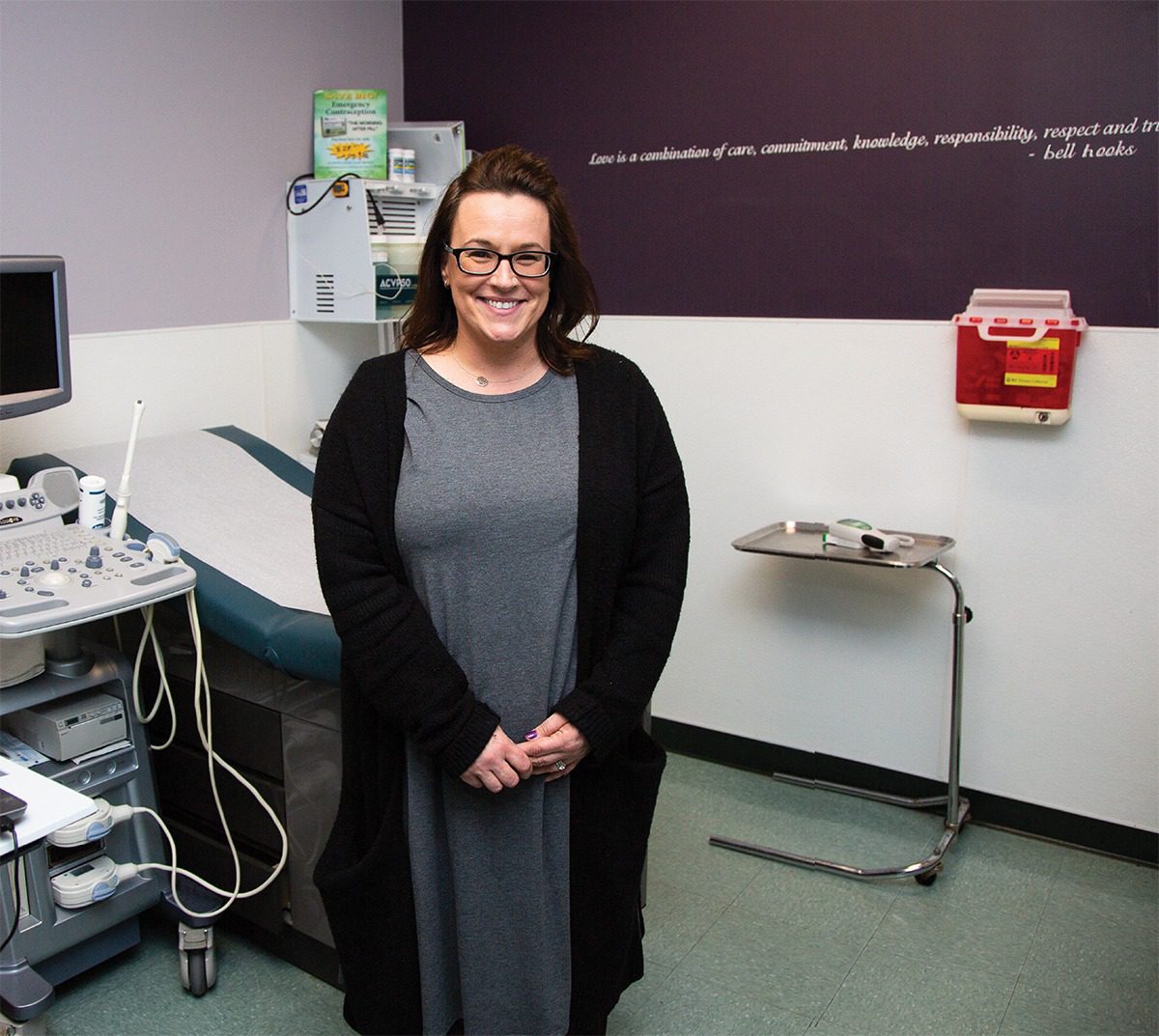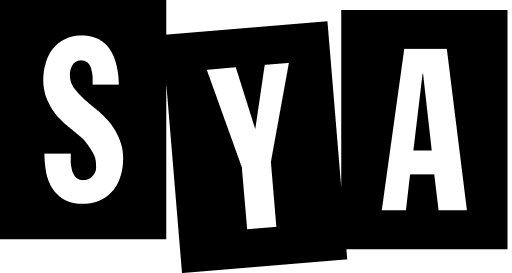
My mother didn’t realize penises don’t have actual bones in them until after she’d given birth to her second child. Her second child. She’d lived with my father for two whole years without any understanding of sex. On her wedding night, my grandmother told her that she’d soon be doing things with her husband that made her uncomfortable, but these things were okay because she was married now. My mother didn’t have the tools to pass on reliable information to her children about sex, relationships, or consent; she’s now in her 70s and she still doesn’t have a basic understanding of how her own body works.
I was born the year Roe v. Wade passed, the fourth of five children. To my people, birth control was a sin and abortion was an abomination. Babies were a gift from God, even when the mother-to-be felt this gift was unwanted. Many women in my family would have preferred to be anything other than a mother, and their children would be viscerally aware of this their entire lives. Acknowledging that our mothers didn’t want to be mothers is the only way we ever began to heal.
My grandmother died a few days before I was born. She was more than a decade younger than my grandfather, and she died at least 15 years before him. She’d given birth to 12 babies; not all of them survived. After her death, when her daughters spoke of her, they’d always say two things: how loving she was and how they remember that her bedsheets were always soaked in blood.
My aunt got pregnant in high school. We are big-boned gals, so she was able to hide the pregnancy. She gave birth, alone in her bedroom, to a baby who had the umbilical cord wrapped around her neck.
My Aunt Sharon would have been the best mom. She lost her uterus that night.
I knew as a child that sex would ruin me, even before I understood the mechanics of the act. I was confused by the idea that other people would try to prey on my body, but knew it was a certainty. As a result, my entire childhood revolved around trying to be perfect and keeping myself safe.
With every fiber of my being, I felt that any sex that happened—whether by choice or through violence—would, in the end, be my fault. I didn’t know what it was like not to live in fight-or-flight mode. I still don’t. There was never enough food, warmth, love, or information. We scrambled. We clawed. We judged. We went to church. We put our heads down and confessed to things we had little control over. We prayed for our periods to come each time we made a “mistake.”
I knew that my sister was having sex at a very young age, sometimes with family members. I told my parents. Nothing happened. I spent years trying not to be in that same position. When my sister became pregnant as a teenager, my parents disowned her. She ended up with four children before she could legally drink, and she was able to care for none of them.
I’m in my 40s and I’m raising my seventh child. Only one of these children was birthed by me. Each of these seven children has my whole heart. I’ve been pregnant as many times as the number of children I’ve cared for. A birth, demises, abortions, miscarriages…these are my experiences.They’ve shaped me as a human. And they shape how I treat you as a human when you walk through the doors of the abortion clinic where I work.
I want my children to embrace their sexuality, love their bodies, and enjoy sex. I want the same for you. I believe people are inherently good and do the very best they can with what they were given. The threads which run through my life that I’ve described here may feel different than your own. Maybe there are some of the same threads in your own family, and these experiences aren’t that different than yours. Maybe you can feel me anyway.
I am a very proud abortion care provider.
